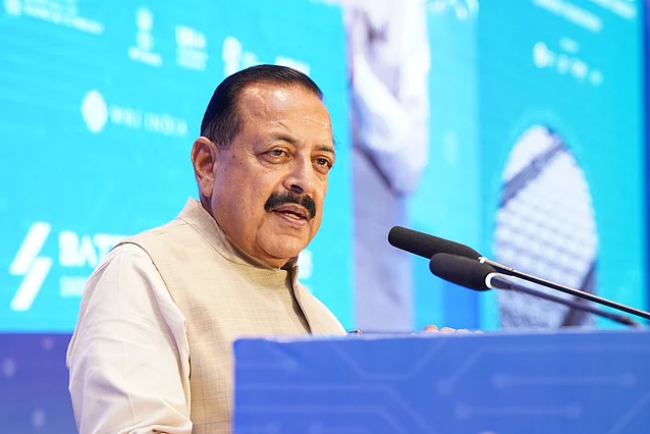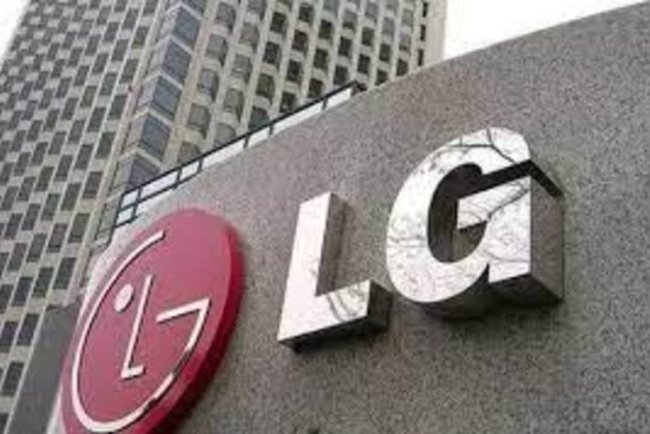Indian Solar Industry Wants Tariffs on Imported Ingots, Wafers
ISMA urges the Indian government to impose safeguard duties on imported polysilicon, ingots, and wafers to boost domestic solar manufacturing. The industry body calls for subsidies, tax benefits, and policy support to reduce dependence on Chinese imports and enhance self-sufficiency.

The Indian Solar Manufacturers Association (ISMA) has called for the imposition of safeguard duties on imports of polysilicon, ingots, and wafers to protect local solar manufacturing from foreign competition, particularly from China. The association emphasized the need to develop India's upstream solar manufacturing capabilities, which remain very dependent on imports despite the nation's self-sufficiency in module manufacturing. With considerable cell manufacturing capacity on the anvil, India can be self-reliant in this area by FY27. But the reliance on imported raw materials like wafers and ingots is a challenge to the industry's long-term growth.
Process of generation of solar power involves conversion of sunlight into electricity by photovoltaic (PV) cells of crystalline silicon. At the base of this process is polysilicon, a very pure silicon that is converted into ingots and wafers before it is processed into solar cells. The overdependence on Chinese imports for these essential materials has been a cause for concern about price manipulation and dumping in the market, which affects the competitiveness of Indian manufacturers. ISMA has urged the government to set final timelines and roadmaps for protection of duty on such imports and mandate local use of wafers and ingots in the production of solar cells and modules.
In favor of domestic production, ISMA has recommended exemption of import duty on equipment, raw material, and capital goods used in polysilicon, ingot, and wafer production. In addition, it has also proposed a new capital subsidy program for setting up wafer-ingot and polysilicon manufacturing units, priority lending at soft rates, and a separate fund to augment domestic capacity. Concessional corporate tax rates, enhanced depreciation on plant and machinery, and setting up specialized PV manufacturing clusters on government-acquired land to take advantage of logistics and supply chain have been proposed by the association as well.
Given the high power demands of polysilicon and ingot production, ISMA has requested round-the-clock high-tension (HT) power supply at a subsidized rate of ₹2.5 per unit with waiver of inter-state transmission charges and electricity duties. It has emphasized that building local solar manufacturing is important for India to realize its renewable energy targets and go net-zero carbon by 2070. Stable long-term policies must be created to mitigate investor uncertainty and streamline regulatory approvals, which would reduce project delays.
ISMA has also requested financial incentives for cutting-edge clean energy research and grants, enhanced industry-academia collaboration, and the establishment of technology design centers to develop innovation in solar manufacturing. FTAs must be strengthened as well as ensuring the availability of strategic raw materials. The association of the industry has stressed the importance of negotiating technology licensing agreements with world leaders simultaneously with investing in indigenous capability development in an effort to reduce reliance on imports in the long run.
The appeal for policy support and financial incentives is opportune as India steps up the switch to renewable energy. Access to robust indigenous manufacturing capacity for polysilicon, ingots, and wafers will be key to making India self-sufficient in solar energy generation and removing import dependence vulnerabilities. While the government weighs these suggestions, industry players are hopeful about aggressive policy measures that will drive long-term solar industry growth in India.
Source & Credits:Information sourced from Economic Times and Business Standard.
What's Your Reaction?

















